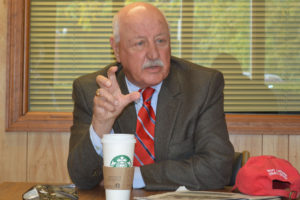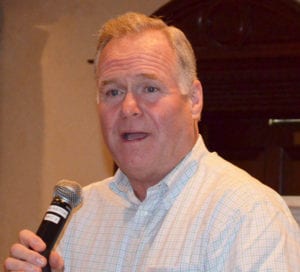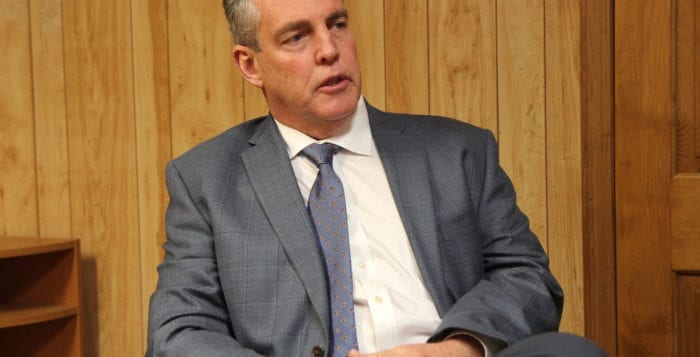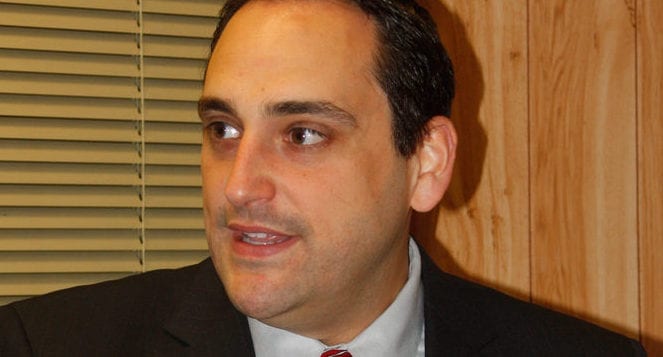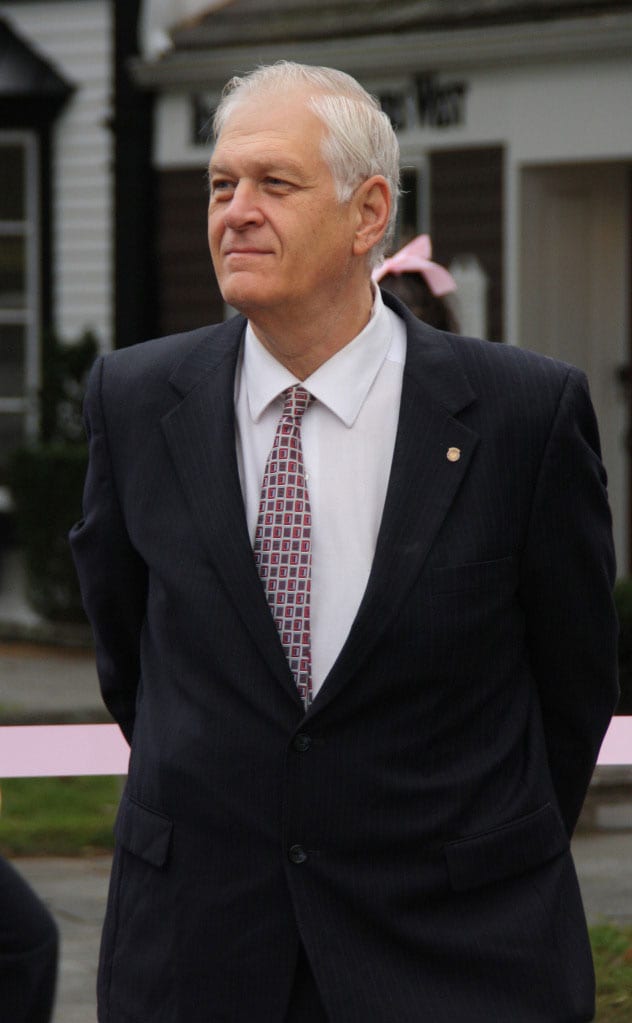Horrible acts are now connected with the name of our President-elect Donald Trump. Yes, I’ve heard the counter argument that these acts would have been committed anyway and that the media — yes, the cursed media — is overblowing and overplaying them.
Or, is it?
My question to the president-elect is: “Why haven’t you been more forceful in showing disdain, disappointment and disgust over these acts, whether or not they might have happened even if you weren’t elected president?”
Is he worried people might think he’s being politically correct? Does he think being sensitive to others, paying attention to circumstances in which bullies run rampant or, worse, commit violent, harassing or illegal acts is a sign of weakness?
He has an opportunity to lead the nation. We owe him that, just as President Barack Obama and the defeated Hillary Clinton have said. He will be the president and, as such, he will have the attention of a world ready to react to every word he says.
Why, then, can’t he say how horrified he is by these acts? I heard that he indicated to CBS’ Lesley Stahl on “60 Minutes” that he wants people to stop. Really? That’s it? That’s the best a man who never seemed at a loss for words can offer?
He should tell those who commit hate crimes that he will come after them with the same fury and attention that he promised to send home illegal immigrants. He should make it clear that he, his administration and this country will not accept teachers who suggest they will send African-American children back to Africa, among other intolerable words and deeds.
Of course, Trump can’t be responsible for the actions of everyone in the country. But, he can and should lead by example. He can set the tone, making it clear that no matter who else he appoints to his administration or what those other people may have done or said in the past, he is the president and he has a zero-tolerance policy for the kinds of hateful actions people are committing in his name.
The media has a job to do. Reporters shine light in areas where there might otherwise be darkness. Even if the president-elect doesn’t like the news as he reads it, he can do something about what’s being reported instead of blaming the media for sharing bad news.
Even buying into his argument that nothing has changed since his election, he should push for change, for opportunity, for freedom and justice for all, and not just for those who elected him.
Look, I get it: I’m a huge Yankees fan and it sickens me when my team wins and some other Yankees fan acts out against the fans of an opposing team. I can argue that real Yankee fans wouldn’t do that and I can say, “Stop.” But the future president of the United States can and should offer more.
You want people to know they can’t connect your name and your presidency with hatred, then make it clear that you won’t tolerate it and that this is not who you are — and it is not the America you will be leading. Our president-elect had strong words for his opponents in the primaries and for his vanquished competitor in the general election. Where are those strong words now that some people in the country are acting in ways contrary to the principles on which this nation was founded?
Please, Mr. President-elect, take this moment to address those elements of this country who seem to define and justify bad acts in your name.



